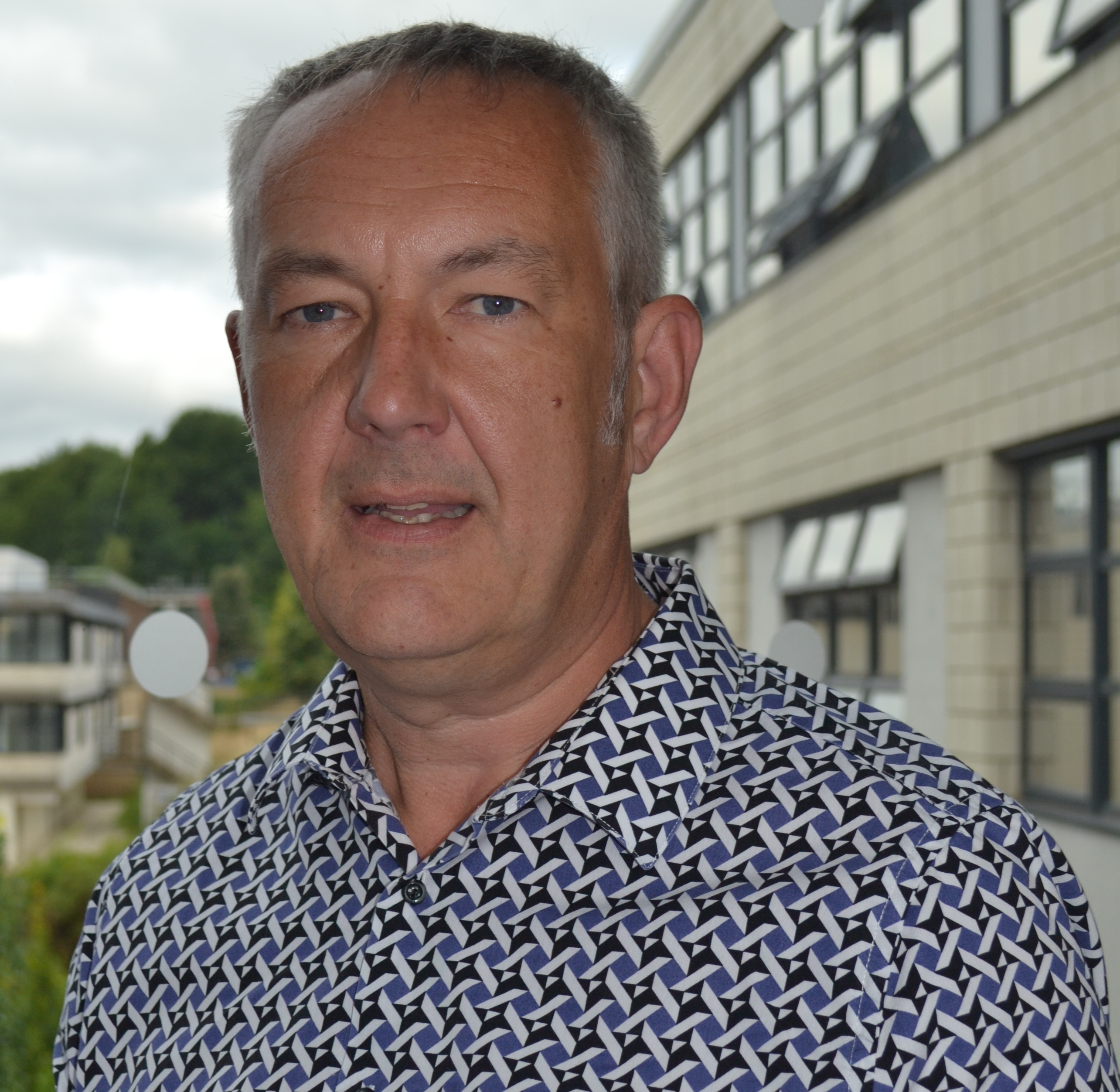The latest report into drug use in the UK is another reminder of why drug policy should be based on evidence rather than ideology, says Ian Hamilton
 Compare, for a moment, the political reaction to the coronavirus outbreak we’re witnessing with that of drug related deaths. The former sees considerable planning and every effort put into minimising the risk of contagion. The latter, also a pressing public health issue, receives minimal attention and no discernible effort from politicians, despite the record numbers of drug related deaths being documented, which rose to 4359 in England and Wales and 1187 in Scotland in 2018.
Compare, for a moment, the political reaction to the coronavirus outbreak we’re witnessing with that of drug related deaths. The former sees considerable planning and every effort put into minimising the risk of contagion. The latter, also a pressing public health issue, receives minimal attention and no discernible effort from politicians, despite the record numbers of drug related deaths being documented, which rose to 4359 in England and Wales and 1187 in Scotland in 2018.
The parliaments of Holyrood and Westminster agree that the issue is a priority, but that seems to be all they can agree on. Typifying the worst aspect of politics, the Scottish and UK governments have managed to turn their response to drug related deaths into undignified posturing. Rather than working together, they held separate summits on the subject in the same venue one day after the other. Exemplifying the friction between the two governments, the Scottish government has blamed the Home Office for obstructing its plan to introduce a drug consumption facility in Glasgow.
Dame Carol Black, who was appointed by the Home Office last year to review the UK’s drug policy, has presented her findings at the second of these drug policy summits held in Glasgow. Unfortunately, before she had even got to her feet, a Home Office minister had already rejected the idea of drug consumption rooms, describing them as a “distraction.” Despite the UK government’s reluctance to even pilot a drug consumption facility, there is evidence to support their role in reducing drug related harm, including mortality.
There is nothing novel in Dame Black’s report, but that doesn’t mean it doesn’t have something important to say. The problem is that it’s the latest in a line of other reports on drug related harms, which have been commissioned and received by the government in recent years. The consistent theme of these reports is that the government should adopt evidence based, rather than ideological based, policies. In spite of these calls, our drug policy continues to be in a state of paralysis.
The government is wedded to an ideology that frames drug use as both a criminal and health matter. Dame Black’s report delivers a damning assessment of the government’s attempt to disrupt the supply side of the drugs market, even suggesting that additional funding for enforcement agencies is unlikely to have an impact. Dame Black joins the chorus of organisations calling for investment in specialist drug treatment, but wisely points out that this won’t achieve immediate treatment capacity as it will take time to recruit and train the additional staff required.
One of the casualties of cuts to addiction treatment budgets has been addiction psychiatry, a specialty that has all but disappeared as providers compete with each other to provide “best value” tenders for services. It is difficult to imagine that we would allow any other area of healthcare to languish in this way, a clear signal of the lack of value we place on people who develop problems with drugs.
Michael Marmot’s recent report into health equity in England found clear links between poverty and falling life expectancy. Mirroring this finding, Dame Black’s report draws attention to the inequity of treatment provision for drug addiction and how this contributes to higher drug related mortality in our most deprived communities.
Given these links between poverty and mortality, it seems obvious that it’s not drug markets that need disrupting, but the ongoing blight of inequality. The need for treatment could be reduced if more effort and resources were invested in prevention. There is an economic as well as altruistic case that can be made for this approach. Dame Black estimates that the cost to society of illegal drugs is £20 billion per year, while £600 million is spent on treatment and prevention.
It really doesn’t matter which way you look at the causes or consequences of drug related deaths, something needs to change if we are to reduce the rising number of fatalities. We have the evidence, but as one banner stated outside the summit: “they talk, we die.” It is sobering to think that for every day we talk rather than act, 15 more people will die needlessly.
Ian Hamilton is an academic at the University of York with an interest in addiction and mental health. He previously worked as a mental health nurse with people who had combined mental health and substance use problems. Twitter: @ian_hamilton_
Competing interests: I am affiliated with Alcohol Research UK.
